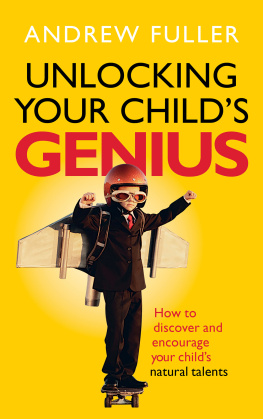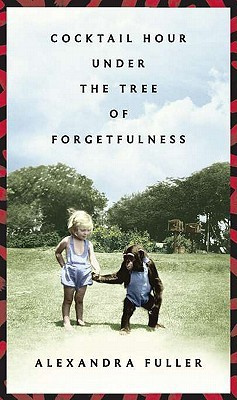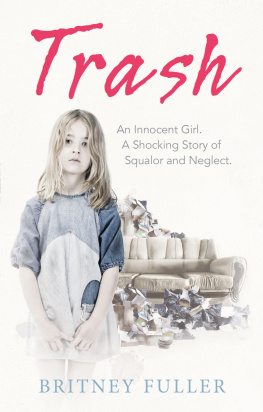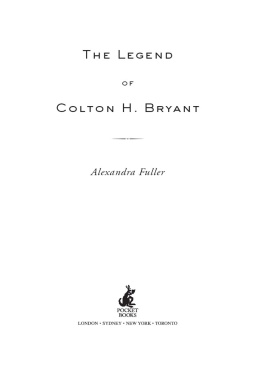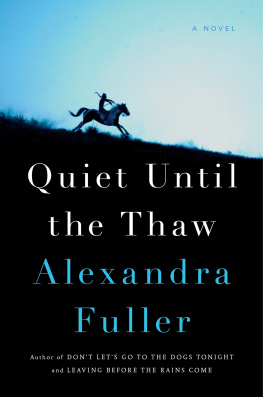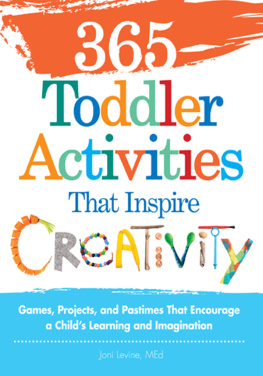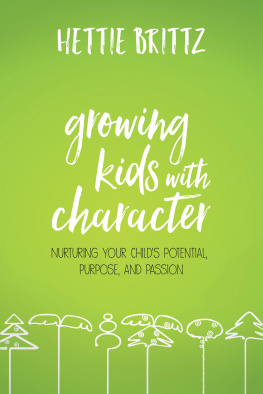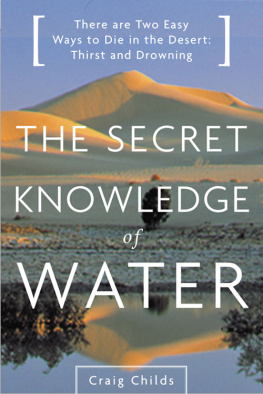Fuller - Unlocking your childs genius: how to discover and encourage your childs natural talents
Here you can read online Fuller - Unlocking your childs genius: how to discover and encourage your childs natural talents full text of the book (entire story) in english for free. Download pdf and epub, get meaning, cover and reviews about this ebook. City: London, year: 2016, publisher: Ebury Publishing, genre: Children. Description of the work, (preface) as well as reviews are available. Best literature library LitArk.com created for fans of good reading and offers a wide selection of genres:
Romance novel
Science fiction
Adventure
Detective
Science
History
Home and family
Prose
Art
Politics
Computer
Non-fiction
Religion
Business
Children
Humor
Choose a favorite category and find really read worthwhile books. Enjoy immersion in the world of imagination, feel the emotions of the characters or learn something new for yourself, make an fascinating discovery.
Unlocking your childs genius: how to discover and encourage your childs natural talents: summary, description and annotation
We offer to read an annotation, description, summary or preface (depends on what the author of the book "Unlocking your childs genius: how to discover and encourage your childs natural talents" wrote himself). If you haven't found the necessary information about the book — write in the comments, we will try to find it.
Unlocking your childs genius: how to discover and encourage your childs natural talents — read online for free the complete book (whole text) full work
Below is the text of the book, divided by pages. System saving the place of the last page read, allows you to conveniently read the book "Unlocking your childs genius: how to discover and encourage your childs natural talents" online for free, without having to search again every time where you left off. Put a bookmark, and you can go to the page where you finished reading at any time.
Font size:
Interval:
Bookmark:
Leading clinical psychologist Andrew Fuller says that children are born bright and curious with a greater capacity for inner genius than we realise.
By nurturing your childs own natural curiosity, you can help develop the skills and experiences that allow genius to emerge. Andrew Fuller encourages parents to recognise the qualities that predict genius creativity, motivation, determination, imagination and the willingness to keep going despite making mistakes. From two-year-olds to teenagers, Andrew Fuller draws on the latest research and his own extensive work with thousands of children to show you how to help your child build these essential foundation skills.
Andrew Fuller is based in Australia and is a clinical psychologist specialising in brains, learning and resilience. As an Ambassador for Mind Matters and the Lions Drug Awareness Foundation he does whatever he can to promote well-being in young people. Andrew continues to counsel young people while also conducting workshops for organisations, parents, students, teachers and health professionals on a wide range of topics.

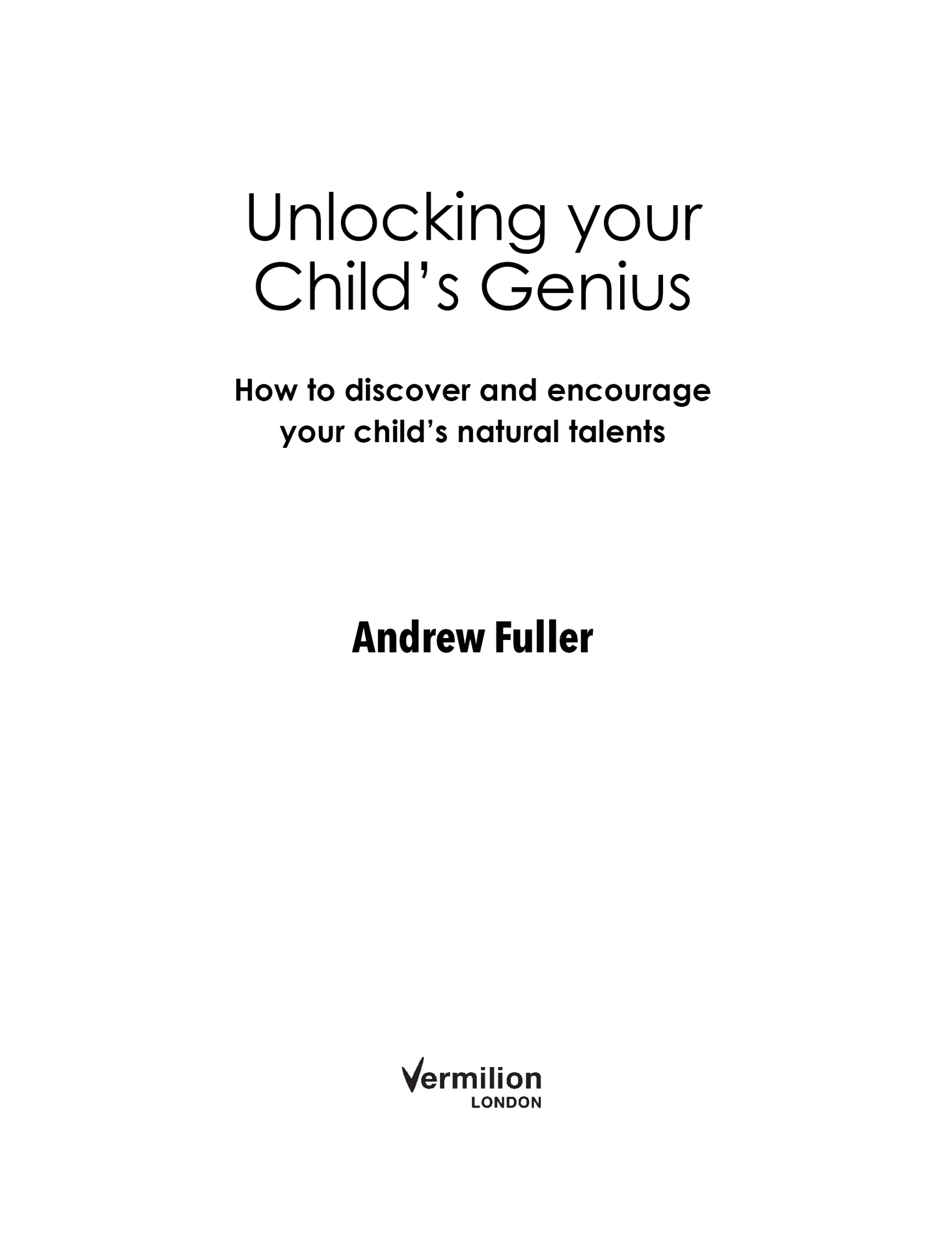
If you want your children to be brilliant, read them fairy stories. If you want them to be even more brilliant, read them more fairy stories.
Albert Einstein
For all the parents, grandparents, aunts and uncles who dont realise they are the most important teachers of all.
The effectiveness of schools is not even based on childrens ability to impart the skills that predict academic success. J Hattie (2009), Visible Learning: A synthesis of over 800 Meta-analyses relating to achievement, Routledge: New York.
J Hattie (2012), Visible Learning for Teachers: Maximizing impact on learning, Routledge: London.
J Hattie and G Yates (2014), Visible Learning and the science of how we learn, Routledge: London.
This trend continues and may even be accelerating. JR Flynn (2012). How to Improve Your Mind, Wiley, Blackwell: Malden.
It is estimated that we process five times more information every day than people did in 1986. Howard Rheingold (2012), Mind Amplifier: Can our digital tools make us smarter?, TED Books: TED Conferences, 26 September 2012 .
In contrast todays high school graduate will leave knowing about 2 per cent! P Ellyard (2001), Ideas for the New Millennium, Melbourne University Press: Melbourne.
R Kurzweil (2005), The Singularity is Near: When humans transcend biology, Viking: New York.
A Toffler and H Toffler (2006), Revolutionary Wealth, Knopf: New York.
Studies of divergent thinking demonstrate that young children are capable of dreaming up new possibilities at genius level but that this ability GA Land (1986), Grow or Die: The unifying principle of transformation, John Wiley and Sons.
Experiences drive these processes and if we can give children access to these experiences we can help them to become much, much smarter. N Doidge (2007), The Brain that Changes Itself, Scribe: New York.
JN Giedd, J Snell, JC Lange, BJ Rajapakse, BJ Casey, PL Kozuch, AC Vaituzis, YC Vauss, SD Hamburger, D Kaysen and JL Rapoport (1996), Quantitative Magnetic Resonance Imaging of Human Brain Development: Ages 4 to 18, Cerebral Cortex, 6, pp. 551560.
K Robinson and L Aronica (2009), The Element: How finding your passion changes everything, Penguin: New York.
It took Shakespeare quite some time before he worked out exactly what was wrong in the state of Denmark. Thomson, C (2010) What a great idea 2.0: Unlocking Your Creativity in Business and In Life, Sterling Publishing: Ontario.
Most child prodigies do not grow up to be adult geniuses. They dont even turn into experts. P Ross (2006), The Expert Mind, Scientific American, August, pp. 4653.
EB Burger and M Starbird (2012), The Five Elements of Effective Thinking, Princeton University: Princeton.
Receiving rewards such as stickers when you are learning to read books makes it less likely that a child will enjoy reading for its own sake. M Becker, N McElvany and M Kortenbruck (2010), Intrinsic and Extrinsic Reading Motivation as Predictors of Reading Literacy: A Longitudinal Study, Journal of Educational Psychology, 102, 4, pp. 773785.
E Schaffner, U Schiefele and H Ulferts (2013), Reading Amount as a Mediator of the Effects of Intrinsic and Extrinsic Reading Motivation on Reading Comprehension, Reading Research Quarterly, 48 (4) pp. 369385.
KA Erickson and P Feltovich (2006), The Cambridge Handbook of Expertise and Expert Performance, Cambridge University Press: Cambridge.
Ive heard about those new screening tests but Im not interested in investigating them. A similar point is made by Heidi Jacobs (2010) in Curriculum 21: Essential Education for a Changing World, ASCD: Alexandria.
, accessed 25.11.14.
, accessed 25.11.14.
Between seven and eleven years of age, children enter a stage that Jean Piaget called concrete operations. The Psychology of the Child, (1969) Jean Piaget and Barbel Inhelder, Basic Books. New York. Barel
Susan Greenfield estimates that over the course of history the size of frontal lobes in humans has increased S Greenfield (1997), The Human Brain: A guided tour, Basic Books, New York.
Geniuses arent usually all-rounders. G Colvin (2008), Talent is Overrated: What really separates world class performers from everybody else, Nicholas Brealey Publishing: London.
, accessed 25.11.14.
M Gladwell (2014), David and Goliath: Underdogs, misfits and the art of battling giants, Penguin: London.
says that we need to think about how to parent a diverse range of minds. M Levine (2002), A Mind at a Time, Simon and Schuster: New York.
Alison Gopnik describes them as the scientist in the crib. A Gopnik, A Meltzoff and P Kuhl (1999), How Babies Think, Weidenfeld and Nicolson: London.
People think in patterns. D Hofstadter and E Sander (2013), Surfaces and Essences Analogy and the Fuel and Fire of Thinking, Basic Books: New York.
The identification of similarities and differences results in a 45 percentile improvement in academic results. RJ Marzano, D Pickering and JE Pollock (2001), Classroom Instruction that Works, ASCD: USA.
Oh, the places you can go! adapted from Dr. Suess (1960), Oh, The Places Youll Go! Random House: New York.
A better model is proposed by Susan Wise Bauer, author ofThe Well-Trained Mind,who suggests creating with children timelines for all world events that have occurred in an historical period. SW Bauer and J Wise (2000), The Well-Trained Mind, W.W. Norton: London.
.
By thinking about what was not there, Mr Goldman took some wooden folding chairs and attached wheels and a basket to them en.wikipedia.org/ wiki/Sylvan_Goldman.
.
.
Clouseau indignantly says to the desk clerk, I thought you said your dog does not bite.
Font size:
Interval:
Bookmark:
Similar books «Unlocking your childs genius: how to discover and encourage your childs natural talents»
Look at similar books to Unlocking your childs genius: how to discover and encourage your childs natural talents. We have selected literature similar in name and meaning in the hope of providing readers with more options to find new, interesting, not yet read works.
Discussion, reviews of the book Unlocking your childs genius: how to discover and encourage your childs natural talents and just readers' own opinions. Leave your comments, write what you think about the work, its meaning or the main characters. Specify what exactly you liked and what you didn't like, and why you think so.

